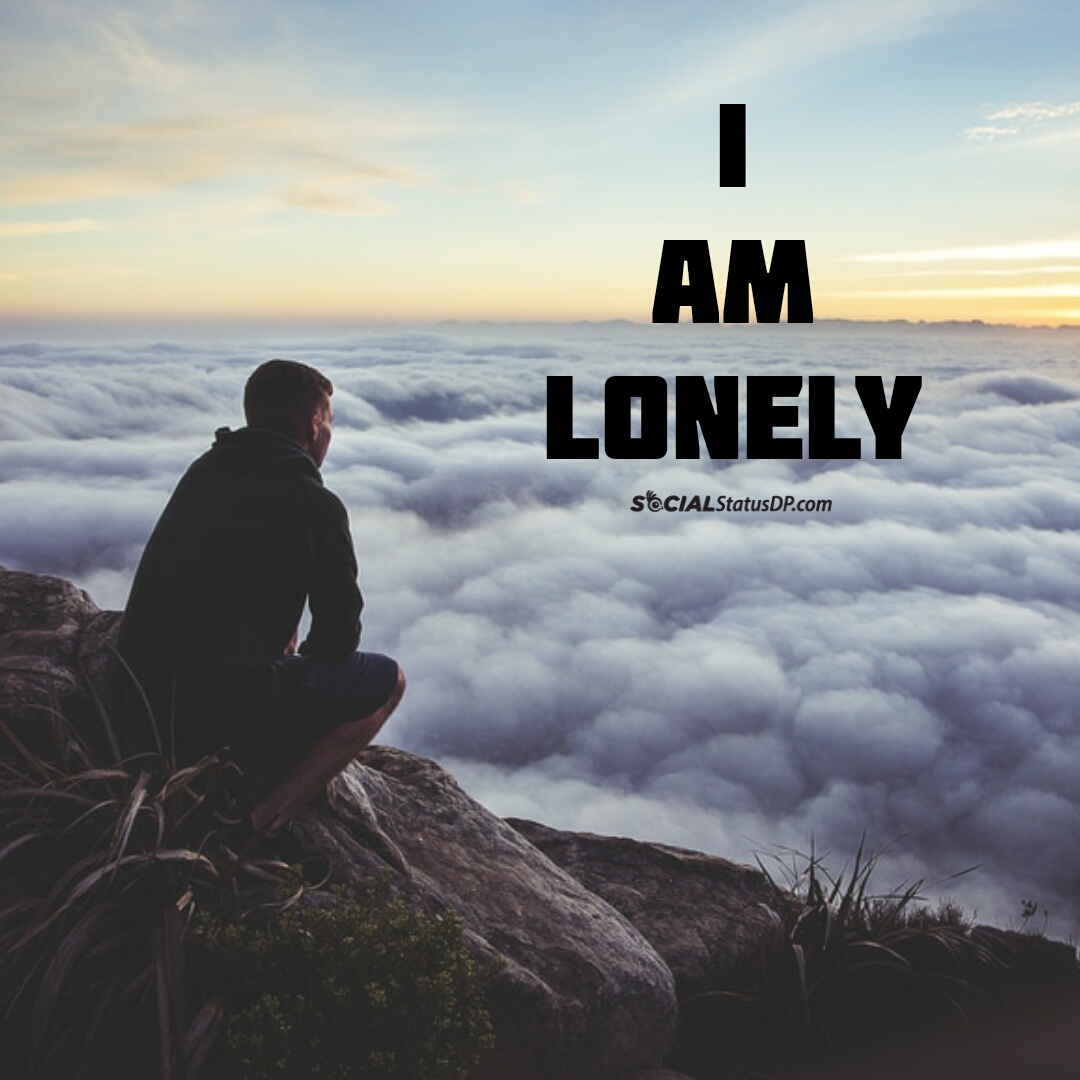Embracing Solitude: Understanding Lonely Status
Loneliness is a complex emotion that many individuals experience at various points in their lives. It can stem from a range of factors, including personal circumstances, social connections, and mental health. In today's fast-paced world, the feeling of isolation has become more prevalent, prompting many to express their lonely status through social media and other platforms. This article delves into the nature of loneliness, the reasons behind it, and how individuals can cope with these feelings.
As we navigate through life, it is not uncommon to encounter moments where we feel disconnected from others. This sense of isolation can lead to a profound understanding of oneself, as well as a deep longing for companionship. Thus, recognizing one's lonely status can be the first step toward addressing these emotions. In this exploration, we will look at how loneliness is portrayed in popular culture, the impact of technology on our relationships, and strategies to overcome feelings of solitude.
Understanding the implications of a lonely status is crucial in fostering a supportive environment for those who struggle with these feelings. By raising awareness and promoting healthy connections, we can work towards alleviating the burden of loneliness. Ultimately, this article aims to shed light on the significance of loneliness while offering practical advice for those seeking to transform their lonely status into a more positive outlook on life.
What is the Definition of Lonely Status?
Lonely status refers to a state of feeling isolated or disconnected from others, despite being surrounded by people. It is characterized by a profound sense of emptiness and dissatisfaction that can significantly impact an individual's mental and emotional well-being. This feeling can manifest in various ways, including sadness, anxiety, and a yearning for deeper connections.
What Causes Lonely Status?
The reasons behind a lonely status can vary widely from person to person. Some common factors include:
- Life Transitions: Major life changes such as moving to a new city, starting a new job, or going through a breakup can trigger feelings of loneliness.
- Social Media Influence: While social media can connect us, it can also lead to feelings of inadequacy and isolation when comparing our lives to others.
- Lack of Meaningful Relationships: Having acquaintances without any deep connections can contribute to a sense of loneliness.
- Mental Health Issues: Conditions such as depression and anxiety can exacerbate feelings of loneliness and withdrawal from social situations.
How Does Lonely Status Affect Mental Health?
The impact of a lonely status on mental health can be profound. Research has shown that chronic loneliness can lead to various psychological issues, including:
- Increased Anxiety: Feelings of isolation can heighten anxiety levels, making it difficult for individuals to engage socially.
- Depression: Loneliness is often linked to depressive symptoms, as individuals may feel hopeless and disconnected from the world around them.
- Low Self-Esteem: Persistent loneliness can lead to negative self-perceptions, making individuals feel unworthy of love and connection.
- Physical Health Issues: Studies have found that loneliness can have physical health implications, including cardiovascular problems and weakened immune systems.
How Can One Cope with Lonely Status?
Addressing a lonely status requires a proactive approach to fostering connections and improving emotional well-being. Here are several strategies to consider:
- Reach Out to Friends and Family: Sometimes, simply reaching out to loved ones can help alleviate feelings of loneliness.
- Join Social Groups: Engaging in community activities or clubs can provide opportunities to meet new people and build connections.
- Practice Self-Compassion: Being kind to oneself during lonely times can help reduce feelings of isolation.
- Seek Professional Help: If loneliness persists, it may be beneficial to consult a mental health professional for support.
What Role Does Technology Play in Lonely Status?
In today's digital age, technology plays a significant role in shaping our social interactions. While it can help maintain connections, it can also contribute to feelings of loneliness. Here are some points to consider:
- Social Media Comparison: Constantly comparing oneself to others on social media can lead to feelings of inadequacy and isolation.
- Superficial Connections: Online interactions may lack the depth and intimacy of face-to-face relationships.
- Over-Reliance on Technology: Excessive screen time can detract from real-life social engagements, further deepening feelings of loneliness.
How Can One Transform Their Lonely Status into Positive Change?
Transforming a lonely status into a more fulfilling experience involves taking conscious steps toward building connections and improving self-awareness. Here are some ideas:
- Engage in Hobbies: Pursuing personal interests can lead to meeting like-minded individuals and fostering connections.
- Volunteer: Helping others can create a sense of purpose and community, reducing feelings of isolation.
- Practice Mindfulness: Mindfulness techniques can assist in cultivating a deeper understanding of one's emotions and fostering self-acceptance.
- Set Personal Goals: Setting achievable personal goals can enhance motivation and provide a sense of accomplishment.
What Are the Signs of Lonely Status?
Recognizing the signs of a lonely status can help individuals address their feelings before they escalate. Some common indicators include:
- Withdrawal from Social Activities: A noticeable decrease in social interactions or avoidance of gatherings.
- Persistent Sadness: A lingering feeling of sadness or emptiness that does not seem to improve.
- Changes in Sleep Patterns: Difficulty sleeping or sleeping excessively due to feelings of loneliness.
- Neglecting Self-Care: A lack of interest in personal hygiene or self-care routines.
Conclusion: Embracing Your Lonely Status
In conclusion, understanding and addressing a lonely status is essential for personal growth and emotional well-being. By recognizing the signs and implementing strategies to combat feelings of isolation, individuals can work toward building meaningful connections and fostering a sense of belonging. Remember, loneliness is a universal experience, and reaching out for support is a sign of strength, not weakness. Embracing solitude can lead to profound self-discovery and ultimately transform one's lonely status into a journey of connection and fulfillment.
Unveiling The Enigma: Young Angelina Jolie
Exploring The World Of Cartoon Characters With Big Chins
Zodiac Sign For September 19: Unveiling The Mysteries Of Virgo



